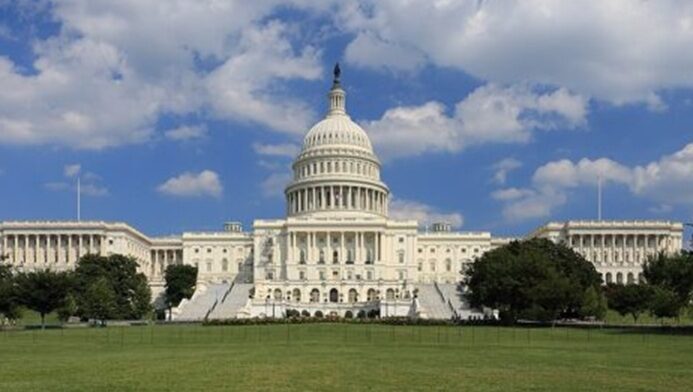When Massachusetts State Senators Marc Pacheco (D) and Jamie Eldridge (D) plan something, they don’t go halfway.
As a bill introduced by Pacheco that would set interim targets for the state’s greenhouse gas goals has been making its way through Senate committee, Pacheco and Eldridge introduced a new draft, which folds in several other bills. S2302 goes well beyond the initial ambition with a range of policy fixes and new targets for state renewable energy policies.
S479, the initial bill, was already an important effort. Massachusetts’ landmark 2008 Global Warming Solutions Act mandated that the state must reduce its emissions 80% by 2050 from 1990 levels. But while the act required 25% emissions reductions by 2020, it set no specific interim targets for 2030 and 2040, which advocates say has allowed the state to delay meaningful action and fall off the path for the 2050 cuts.
S479 would have fixed this by setting 2030 and 2040 greenhouse gas reduction targets. However, the new version of the bill, S2302, goes well beyond that by substantially increasing the state’s renewable energy mandate, providing low-income rooftop and community solar the same benefits as municipal solar, and eliminating the state’s caps on net metering. It would also increase Massachusetts’ current requirement for energy storage deployment to 1,766 MW by 2025.
“The bill covers a range of priorities for our electricity sector,” notes John Rogers, a senior energy analyst at the Union of Concerned Scientists in a statement.
Massachusetts’ current Renewable Portfolio Standard (RPS) calls for 15% new renewables by 2020 and 1% for each year after, reaching a mere 25% by 2030. S2302 would increase this to 3% annually to put Massachusetts at more than 40% by 2030, which is not far behind the leading states of California and New York.
As if all of this were not enough, the plan calls for a cap-and-invest program on transportation fuels, which would be used to fund clean fuel technologies, and incentives and investments in public electric vehicle charging. Oh – and it also sets a goal for 5 GW of offshore wind.
It is unclear what the prospects for this highly ambitious bill are either in the Massachusetts House, which has been reluctant to take action on clean energy, or with Massachusetts Governor Charlie Baker (R). The bill has been reported from the committee on Global Warming and Climate Change, and is expected to go next to the committee on Ways and Means.
After that, it must pass both chambers of Massachusetts’ legislature before it comes before Massachusetts governor Charlie Baker. Each of these may pose challenges for such ambitious legislation.
“I think that there is a lot of excitement around energy this year,” Vote Solar Northeast Regional Director Sean Garren told pv magazine. “I think there are a lot of things in this bill that may have trouble in the House and in parts of the Senate.”
This content is protected by copyright and may not be reused. If you want to cooperate with us and would like to reuse some of our content, please contact: editors@pv-magazine.com.









By submitting this form you agree to pv magazine using your data for the purposes of publishing your comment.
Your personal data will only be disclosed or otherwise transmitted to third parties for the purposes of spam filtering or if this is necessary for technical maintenance of the website. Any other transfer to third parties will not take place unless this is justified on the basis of applicable data protection regulations or if pv magazine is legally obliged to do so.
You may revoke this consent at any time with effect for the future, in which case your personal data will be deleted immediately. Otherwise, your data will be deleted if pv magazine has processed your request or the purpose of data storage is fulfilled.
Further information on data privacy can be found in our Data Protection Policy.